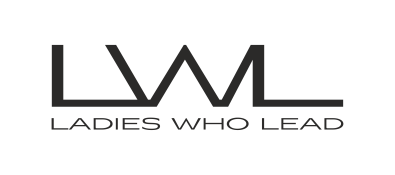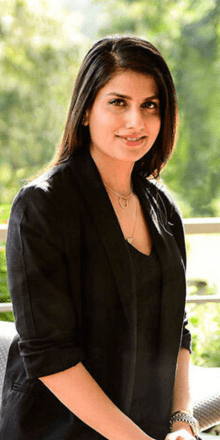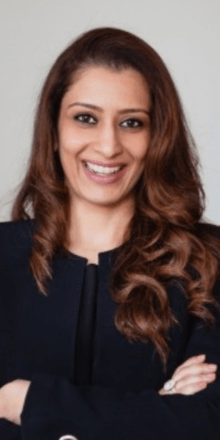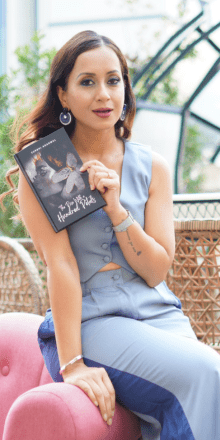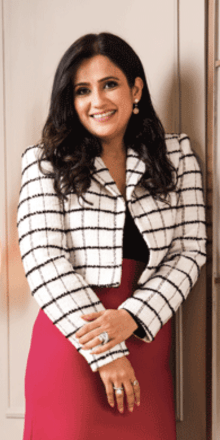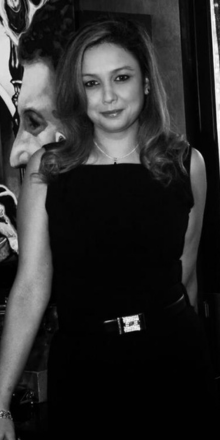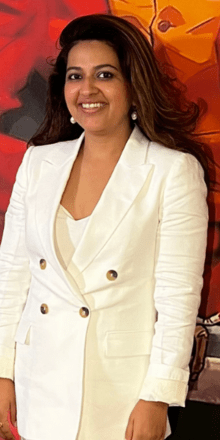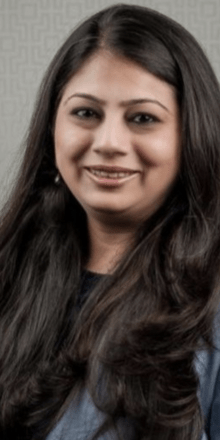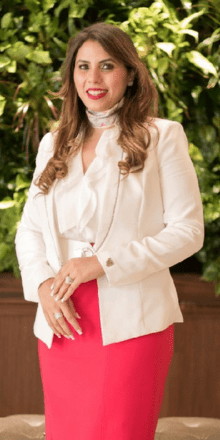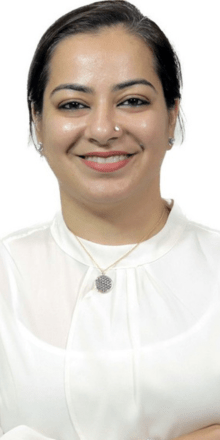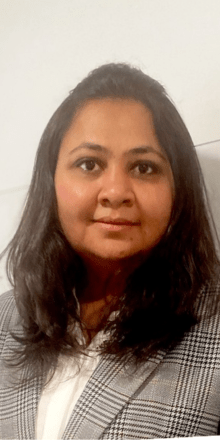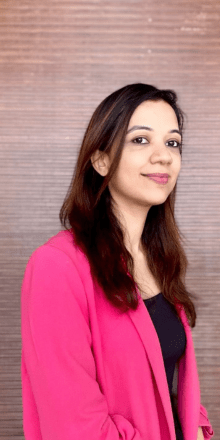#Bossbabe& #Girlboss – A Culture of the Me or the We

According to The Free Dictionary, a #Girlboss / #Bossbabe is “A confident, capable woman who pursues her own ambitions instead of working for others or otherwise settling in life.” The term was originally coined by Sophia Amoruso, former CEO and founder of the multi-million-dollar fashion company Nasty Gal. In 2014, Amoruso released an autobiography titled “#Girlboss,” which recounts HER rise to fame and fortune. After hitting over $100 million in revenue, Amoruso was named one of America’s richest self-made women by Forbes in 2016. It’s her unpolished brand of feminism that makes Amoruso stand out as a different kind of role model for millennial women: a woman who can be comfortable with HERSELF – in whatever form that may be.
This story, and the focus on HER, made me wonder often, was this culture actually working towards any goals of changing patriarchal power structures or systems? Or does this culture use the feminism angle to sell products, inspirations and services to a few, while also making aspirations look reachable. Is it repackaged self help- “If she can, do it, so can I”? The resounding question of “Do you want to be a boss babe?” echoes, reverberating with both hope for building elusive empires and fitting into yet another set of aesthetic stereotypes, that women will need to cross over, created under the umbrella of feminism?
At the outset, it does look likely that the empowerment of a #BossBabe woman is individualized, not collective, and often comes at the exclusion and disempowerment of other women outside the so-called privileged boss babe sisterhood. This “individual feminism” and “masked self help” might be fast becoming a replication of patriarchal values and creating barriers, rather than a collective, feminist community.
However, I believe that this individual feminism can be redesigned into being a stepping stone to collective empowerment, especially for intersectional feminism, instead of just a multi-level marketing or a self-help feminist aspirational ladder! No one can pour from an empty cup, and there is so much power in individual feminism that can be channelled to create a confident and cohesive ecosystem for the intersectional feminist agendas. After all, “Empowered women, empower women.”
About the Contributor:
Natasha N Kochhar – a leading Architect & Interior Designer in India, she is a design-preneur and partner at LTDF Architecture + ID. A Parsons NY Graduate in Strategy, she is currently crafting the delicate cocktail of Business and Design.
